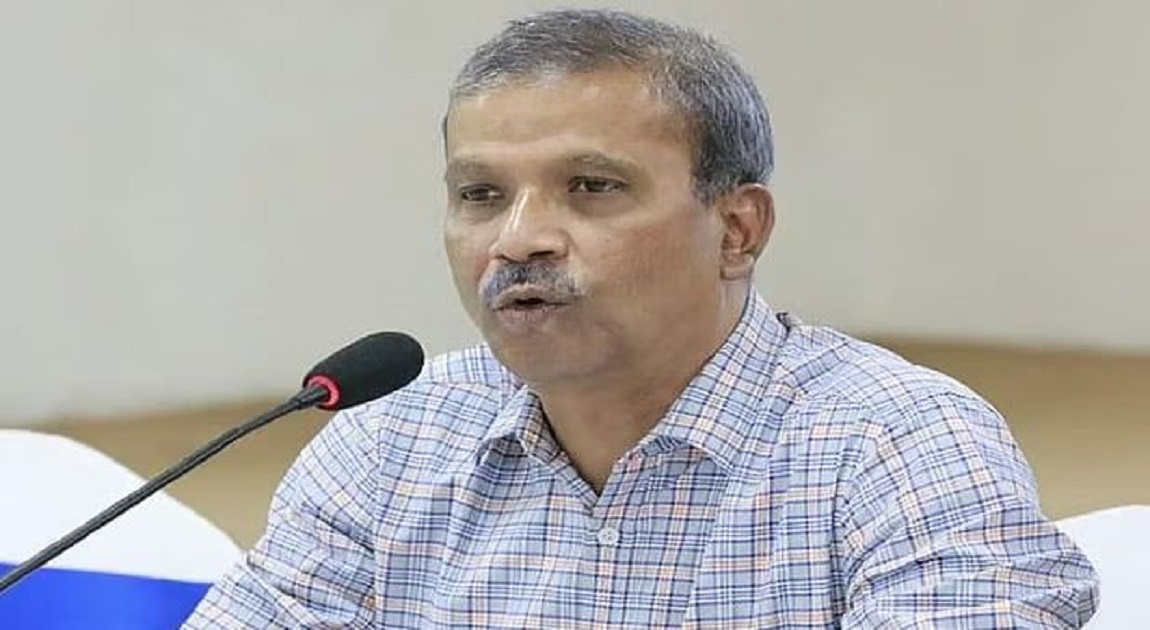Law Adviser Asif Nazrul emphasized today that amending the existing 1972 constitution is a more practical approach than drafting a new one, which could take a prolonged period.
He proposed that the current parliament, acting as a constitutional authority, could make necessary amendments to the 1972 constitution while working on the reform process.
Nazrul suggested that the ongoing parliament could function as a Constituent Assembly and continue working on constitutional reforms for the next two to three years.
He highlighted that the current constitution could be amended step by step to address key issues.
Regarding the inclusion of the July Charter in a future constitution, Nazrul mentioned that widespread consensus on the charter’s provisions was expected and that some of its core elements might be integrated into the new framework.
On the demand to limit the prime minister’s tenure to two terms, Nazrul expressed his support but stressed the need for a more comprehensive argument beyond just term limits.
He pointed out that countries like India and the United Kingdom do not have such term limitations and that curbing the prime minister’s excessive powers should be the primary focus.
The discussion, organized to deliberate on proposals by the Nagorik Oikya, also saw participation from BNP Standing Committee Member Salahuddin Ahmed, who argued that instead of creating a new constitution, amendments could be made through national consensus.
He stated that the 1972 constitution was no longer fit for purpose due to its issues.
Ali Riaz, vice-president of the National Consensus Commission, also emphasized the flaws of the 1972 constitution, noting that it granted excessive power to the prime minister and lacked mechanisms to ensure accountability. He called for a balance of power within the executive branch.















-20260221022942.jpg)
-20260221022827.webp)
















